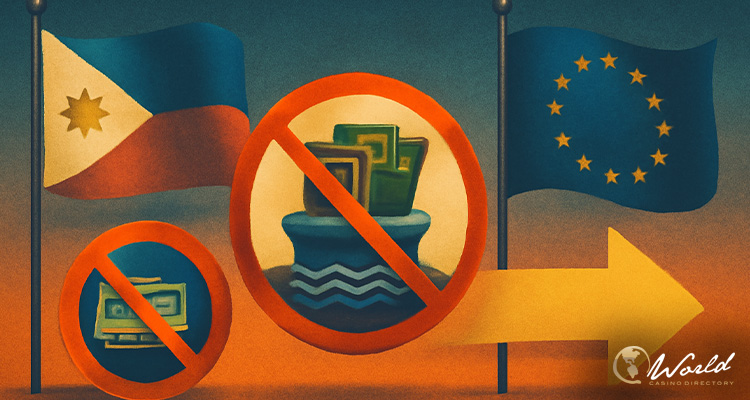The Philippines has achieved a major regulatory milestone as the European Commission (EC) officially removed the country from its updated list of jurisdictions deemed high-risk for money laundering and terrorism financing. This development, announced Tuesday in Brussels, affirms the Philippines’ progress in enhancing its anti-money laundering (AML) and counter-terrorism financing (CTF) infrastructure.
The delisting follows a rigorous assessment by the EC and mirrors a similar decision made in February by the Financial Action Task Force (FATF), the global standard-setter for financial crime controls. FATF removed the Philippines from its “grey list” after the country fulfilled critical reforms in financial oversight and enforcement.
Reforms Drive International Recognition
The EC’s decision was part of a broader revision of its high-risk jurisdiction list. Alongside the Philippines, countries such as Barbados, Jamaica, Panama, Gibraltar, Senegal, Uganda, and the United Arab Emirates were also removed. In contrast, Algeria, Angola, Côte d’Ivoire, Kenya, Laos, Lebanon, Monaco, Namibia, Nepal, and Venezuela were added to the list.
“These countries have strengthened the effectiveness of their AML/CFT regimes and addressed technical deficiencies to meet the commitments in their action plans on the strategic deficiencies identified by the FATF,” the Commission said in a statement quoted by The Philippine Star.
Among the Philippines’ key improvements were tighter supervision of designated non-financial sectors, reinforced regulations on casino junkets, enhanced oversight of money remittance operations, and more robust financial intelligence capabilities. These steps addressed strategic gaps previously identified by international evaluators.
Regulatory Oversight Still in Progress
Bangko Sentral ng Pilipinas (BSP) Governor Eli Remolona Jr. welcomed the EC’s announcement, highlighting its significance for the country’s financial reputation. However, he also noted that one final procedural step remains.
“That’s certainly good news,” Remolona said. “But the EU Parliament will still need to confirm the European Commission’s decision.”
This parliamentary review is part of the EU’s formal process. The updated list will become official following a one-month scrutiny period, which could be extended if objections arise.
Impact on Financial Integration and Global Standing
The delisting is expected to simplify compliance for Philippine businesses operating within or transacting with the EU, potentially easing restrictions and costs associated with cross-border financial activities. It could also open doors to broader access to European financial services and improve the nation’s investment climate.
Since June 2021, the Philippines had been on FATF’s grey list due to concerns about systemic vulnerabilities, including weak oversight of certain sectors and the lingering impact of high-profile financial crimes. One such incident was the 2016 cyber-heist involving $81 million stolen from the Bangladesh central bank and laundered through Philippine casinos. That event contributed to the country’s return to the grey list after years of being compliant.
Before its removal this year, the Philippines faced mounting pressure to strengthen its financial crime defenses or risk blacklisting—a scenario that could have disrupted overseas remittances and foreign trade.
Sustaining Compliance Through Legislative and Regulatory Reform
With the EC’s decision aligning closely with FATF’s February move, Philippine regulators are now focused on preventing backsliding. The BSP and the Anti-Money Laundering Council (AMLC) are working toward long-term safeguards, including proposed amendments to the Anti-Money Laundering Act.
Planned legislative changes are aimed at aligning local laws with evolving global standards, such as regulating virtual asset service providers and closing gaps in emerging financial sectors.
The FATF’s next scheduled evaluation of the Philippines is set for 2027. Until then, authorities intend to continue proactive monitoring and implement further reforms to ensure the country remains off the high-risk list.


